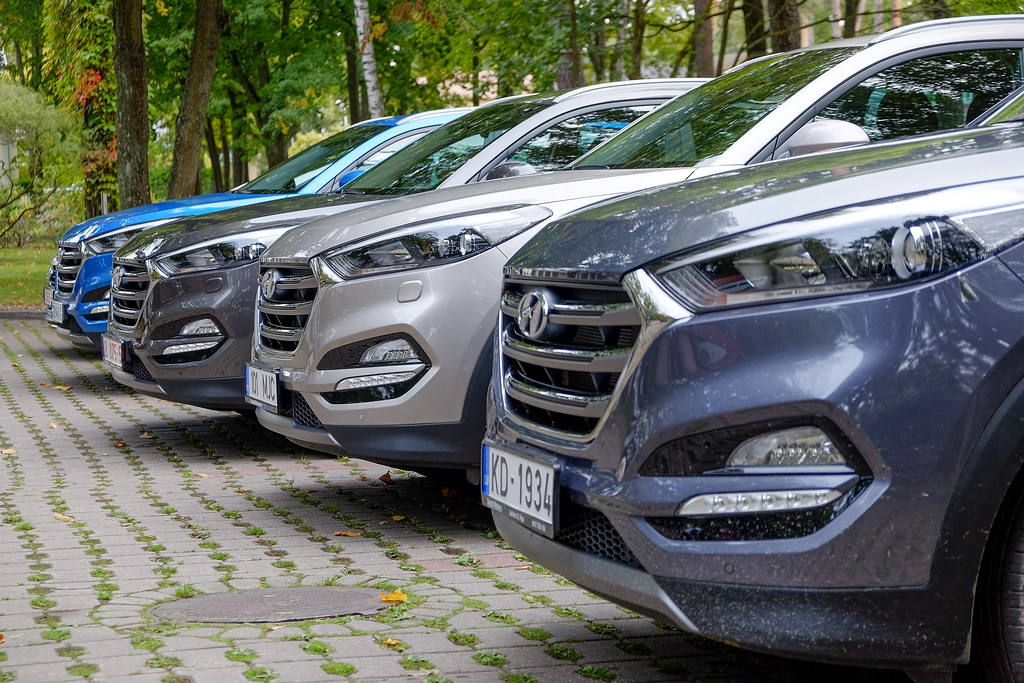DETROIT (Transatlantic Today) – Kia and Hyundai are advising owners of almost 485,000 vehicles in the United States to park them outside because even when the engines are switched off, they can catch fire.
The two Korean manufacturers’ recalls are the latest in a lengthy line of fire and engine malfunction issues that have plagued them over the past 6 years.
The issue this time is contamination inside the antilock braking control module, which might result in an electrical short. According to NBC NEWS, this raises the fire risk when the cars are being parked or driven.
Various Kia Sportage SUVs from 2014 to 2016, as well as the K900 sedan from 2016 to 2018, are affected. Several 2014 and 2015 Tucson SUVs, 2016 through 2018 Santa Fe SUVs, 2017, the 2019 Santa Fe XL, and 2018 Santa Fe Sports are among the Hyundais that have been recalled.
There have been 11 complaints of fires in the United States, but no casualties, according to the automakers.
Owners should park their vehicles outdoors and distant from structures until adjustments are done, according to documents released by US safety inspectors on Tuesday.
A fuse will be replaced by the dealer. Hyundai dealers will also evaluate the control modules and, if necessary, replace them. Starting April 5, Hyundai will send out notification letters, and Kia will send them out on March 31.
The National Highway Traffic Safety Administration said owners may check if their car is being recalled by going to www.nhtsa.gov and entering their 17-digit vehicle identification number.
“We act swiftly and efficiently to recall the vehicle and fix the problem at no cost to affected customers,” Hyundai said when a safety defect was discovered.
Drivers may see or smell warning indications, according to Kia. It’s possible that the antilock brake caution light will be on, and they’ll smell or see smoke emerging from the engine compartment.
The recalls came as the National Highway Traffic Safety Administration in the United States intensified a string of probes into engine compartment fires that have affected Korean automakers.
According to the Center for Auto Safety, Kia and Hyundai have issued more than 30 fire and engine-related recalls in the United States since 2015. Over 8.4 million cars are affected by the recalls, which include more than 20 different models from 2006 through 2021.
The majority of the recalls were due to manufacturing flaws that prevented oil from flowing freely through the engine compartment. Many of them needed costly engine replacements.
Kia and Hyundai also launched a “product enhancement effort” in the United States, encompassing 3.7 million vehicles, to install software that warns drivers of potential engine issues.


























